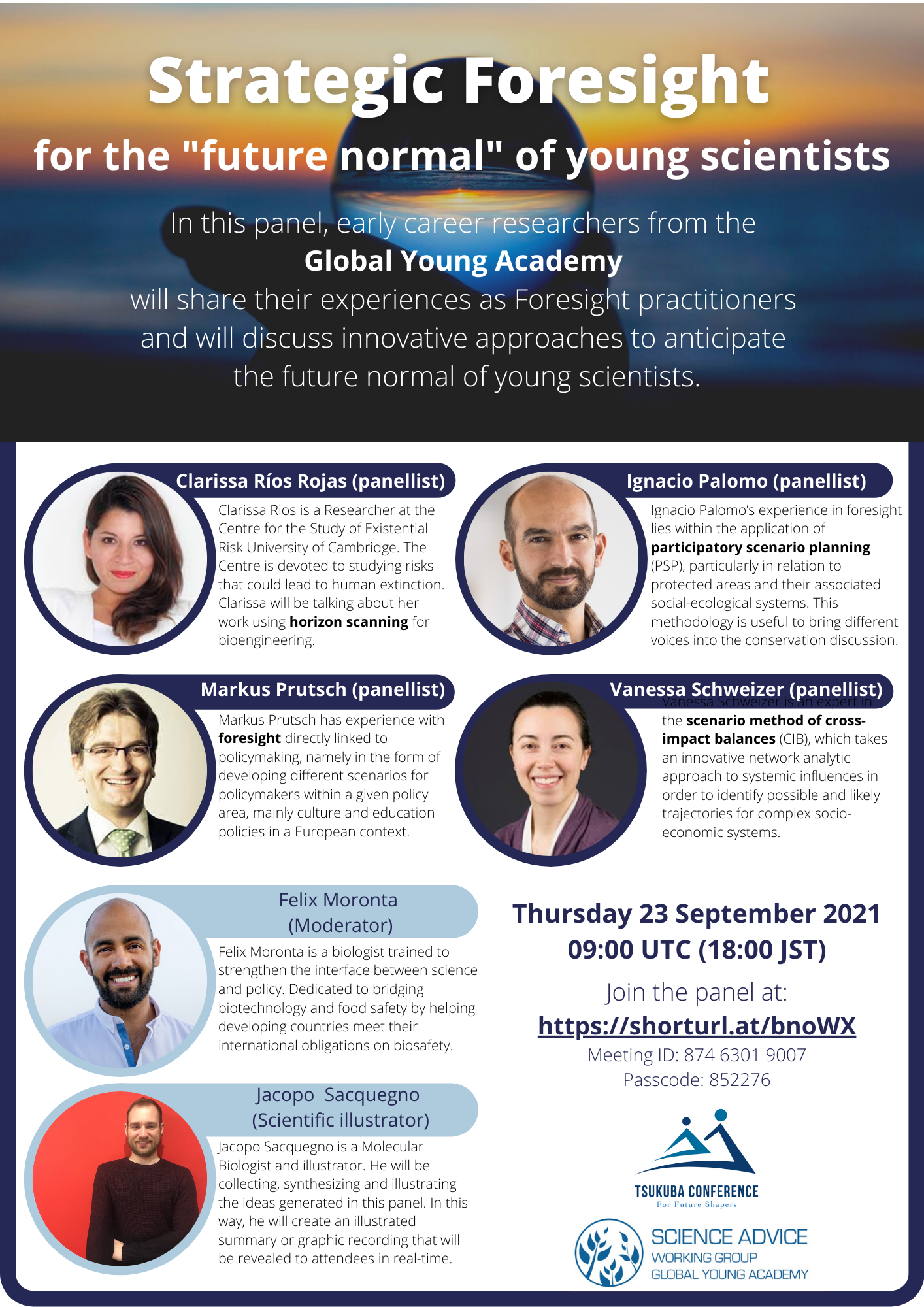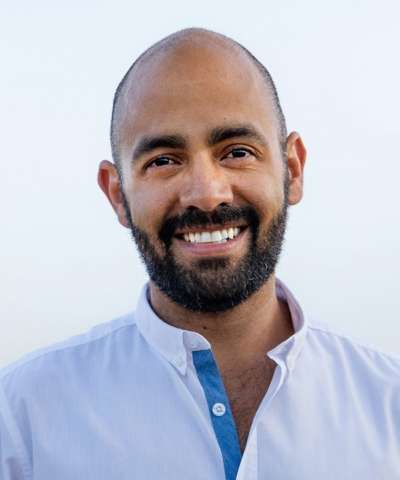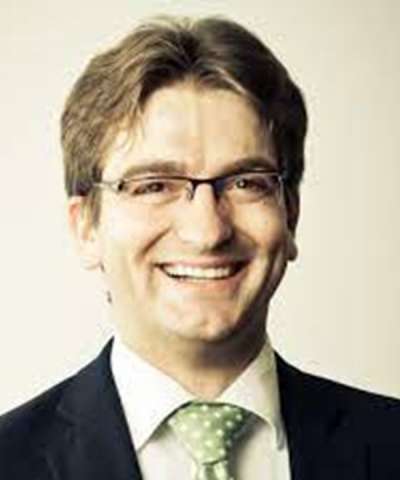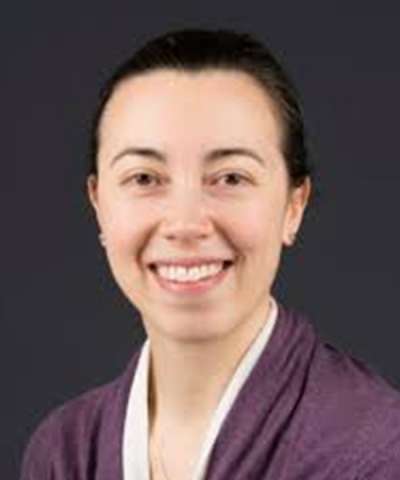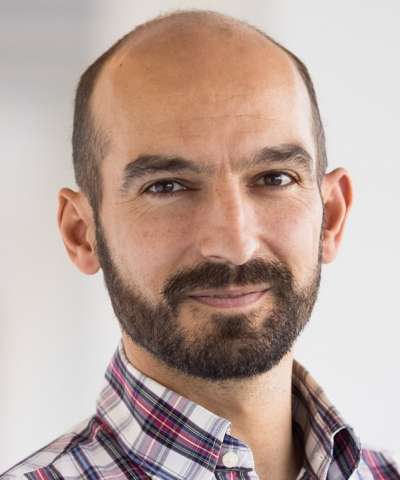Summary
Our world is changing faster than ever before. Exacerbated by the COVID-19 pandemic, the global changes, growing in complexity, generate high uncertainty affecting all societal areas. For future-oriented decisionmaking, institutions and citizens must think strategically about the future and prepare themselves for both the predictable (new normal) and the unpredictable (future normal). Foresight is a discipline that uses collective intelligence in a structured, systematic and systemic way to anticipate future scenarios. In this panel, young researchers from the Global Young Academy will share their experiences as Foresight practitioners and will discuss innovative approaches to anticipate the future normal of young scientists.
Speakers
Moderator1 Felix Moronta
Felix Moronta is a biologist trained to strengthen the interface between science and policy. Dedicated to bridging biotechnology and food safety by helping developing countries meet their international obligations on biosafety. He is currently a Program Specialist in the Regulatory Science group of the International Center for Genetic Engineering and Biotechnology (ICGEB, Italy). He is a member of the Global Young Academy, former co-lead of its Science Advice Working Group, and co-founder of the Persea Foundation for Science Communication.
SPEAKER 2 Markus J. Prutsch
Markus Prutsch has experience with foresight directly linked to policymaking, namely in the form of developing different scenarios for policymakers within a given policy area, mainly culture and education policies in a European context. This has been with an aim to allow for the best possible decision making at present to be identified.
SPEAKER 3 Vanessa Schweizer
Vanessa Schweizer is an expert in the scenario method of cross-impact balances (CIB), which takes an innovative network analytic approach to systemic influences in order to identify possible and likely trajectories for complex socio-economic systems. She has used the CIB method to appraise and inform socio-economic scenarios used for climate change research assessed by the Intergovernmental Panel on Climate Change as well as strategic priorities for achieving the Sustainable Development Goals.
SPEAKER 4 Clarissa Rios Rojas
Clarissa Rios Rojas is a Researcher at the Centre for the Study of Existential Risk at the University of Cambridge (UK). The Centre is devoted to studying risks that could lead to human extinction or civilisation collapse. Clarissa will be talking about her work using horizon scanning for bioengineering. Also about the use of causal-loop diagrams for preparing for environmental breakdown. She will also discuss her experience on future scenarios as a Global Future Council member on Frontier Risks at the World Economic Forum.
SPEAKER 5 Ignacio Palomo
Ignacio Palomo’s experience in foresight lies within the application of participatory scenario planning (PSP), particularly in relation to protected areas and their associated social-ecological systems. This methodology is useful to bring different voices into the conservation discussion. Also, to create shared views towards the long-term, and to develop policy proposals in combination with the backcasting methodology. PSP provides the opportunity to develop research outputs useful for the actors on the ground but also to understand research as an ongoing participatory process.
Summary
Our world is changing faster than ever before. Exacerbated by the COVID-19 pandemic, the global changes, growing in complexity, generate high uncertainty affecting all societal areas. For future-oriented decisionmaking, institutions and citizens must think strategically about the future and prepare themselves for both the predictable (new normal) and the unpredictable (future normal). Foresight is a discipline that uses collective intelligence in a structured, systematic and systemic way to anticipate future scenarios. In this panel, young researchers from the Global Young Academy will share their experiences as Foresight practitioners and will discuss innovative approaches to anticipate the future normal of young scientists.
Speakers
Moderator1 Felix Moronta
Felix Moronta is a biologist trained to strengthen the interface between science and policy. Dedicated to bridging biotechnology and food safety by helping developing countries meet their international obligations on biosafety. He is currently a Program Specialist in the Regulatory Science group of the International Center for Genetic Engineering and Biotechnology (ICGEB, Italy). He is a member of the Global Young Academy, former co-lead of its Science Advice Working Group, and co-founder of the Persea Foundation for Science Communication.
SPEAKER 2 Markus J. Prutsch
Markus Prutsch has experience with foresight directly linked to policymaking, namely in the form of developing different scenarios for policymakers within a given policy area, mainly culture and education policies in a European context. This has been with an aim to allow for the best possible decision making at present to be identified.
SPEAKER 3 Vanessa Schweizer
Vanessa Schweizer is an expert in the scenario method of cross-impact balances (CIB), which takes an innovative network analytic approach to systemic influences in order to identify possible and likely trajectories for complex socio-economic systems. She has used the CIB method to appraise and inform socio-economic scenarios used for climate change research assessed by the Intergovernmental Panel on Climate Change as well as strategic priorities for achieving the Sustainable Development Goals.
SPEAKER 4 Clarissa Rios Rojas
Clarissa Rios Rojas is a Researcher at the Centre for the Study of Existential Risk at the University of Cambridge (UK). The Centre is devoted to studying risks that could lead to human extinction or civilisation collapse. Clarissa will be talking about her work using horizon scanning for bioengineering. Also about the use of causal-loop diagrams for preparing for environmental breakdown. She will also discuss her experience on future scenarios as a Global Future Council member on Frontier Risks at the World Economic Forum.
SPEAKER 5 Ignacio Palomo
Ignacio Palomo’s experience in foresight lies within the application of participatory scenario planning (PSP), particularly in relation to protected areas and their associated social-ecological systems. This methodology is useful to bring different voices into the conservation discussion. Also, to create shared views towards the long-term, and to develop policy proposals in combination with the backcasting methodology. PSP provides the opportunity to develop research outputs useful for the actors on the ground but also to understand research as an ongoing participatory process.


